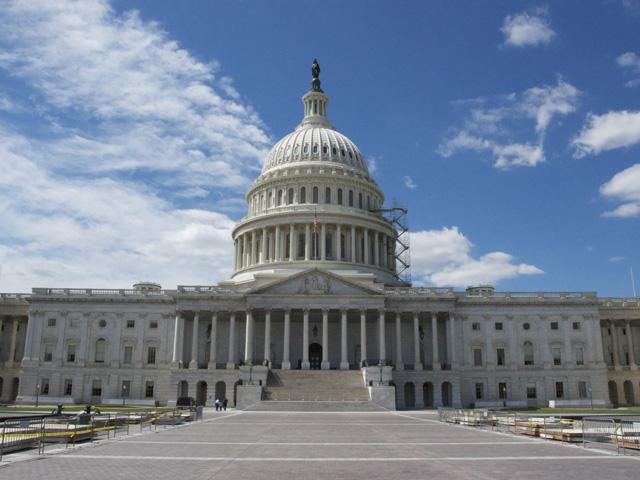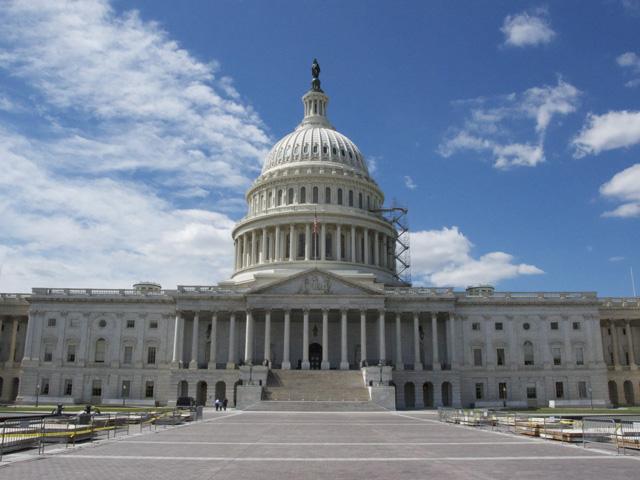Ethanol Blog
Democratic Members of Congress Ask Biden Administration to Announce RFS Increases
LINCOLN, Neb. (DTN) -- As the ethanol industry awaits the release of renewable volume obligations for 2021 and 2022 and a possible change to 2020 volumes, a Democratic group of lawmakers is pressing on the Biden administration to not make cuts to the RFS.
Since July reports surfaced the Biden administration was first delaying the release of already-late volumes, followed by news there may be cuts to the RFS for 2021 and 2022 and retroactive drawbacks on 2020 volumes.
On Tuesday, Democratic members of Congress called on the Biden administration to increase RFS volumes, in a letter Biden and Gina McCarthy, White House national climate advisor.
In the letter led by Reps. Cindy Axne, Iowa, Cheri Bustos, Illinois; Angie Craig, Minnesota; and Sen. Amy Klobuchar, Minnesota, the bicameral group of congressional members from seven states said they were concerned about the reports.
"We have strong reservations about the potential for the administration to destroy over 5 billion gallons of biofuel volume from the 2020, 2021, and 2022 RVOs," the letter said.
"This action would directly undermine your commitment to address climate change and restore integrity to the Renewable Fuel Standard. Every gallon of biofuels that is blended into our nation's fuel supply displaces a gallon of oil and cuts carbon emissions. Reducing biofuel blending requirements will increase greenhouse gas emissions."
The industry's anticipation of the release hit a fever pitch last week when several energy-pricing services released proposed ethanol volume numbers purporting to show steep RFS cuts.
One ethanol industry group called it an alleged "spoofing" attempt that led to a drop in prices for Renewable Identification Numbers. Corn and bean oil prices fell during the middle of last week, as well.
P[L1] D[0x0] M[300x250] OOP[F] ADUNIT[] T[]
The Renewable Fuels Association sent out an email midmorning last Wednesday stating that the group had been made aware that some reporters were receiving an email showing "fake 2020-2022 RVO numbers that were supposedly shared by RFA with its members."
The lawmakers called on the administration to provide certainty to the biofuels industry by issuing "strong RVOs" for 2021 and 2022 and declining to remand gallons from the 2020 RVO.
"These actions will create jobs, drive American investment and cut carbon emissions from the transportation sector," the letter said.
"The RFS was designed to reduce greenhouse gas emissions from the vehicle-transportation sector, diversify our fuel supply, strengthen our national security, and drive economic opportunity. When allowed to function as Congress intended, the RFS has delivered on these goals while serving as the economic engine behind a burgeoning bio-based manufacturing sector across rural America and a biofuel industry with a 100% U.S. supply chain and a higher union density than the national average."
The lawmakers said the RFS was intended to be a "forward-looking" policy to "drive investments" in biofuels production.
"We thank these congressional champions for their strong support and reaching out to the administration at this crucial time," Geoff Cooper, president and CEO of the Renewable Fuels Association said in a statement.
"As the U.S. EPA prepares to roll out proposed renewable volume obligations for 2021 and 2022, rumors are circulating about massive cuts that will even reach back to 2020's volumes, which were settled back in 2019 and automatically adjusted based on lower volumes during the pandemic.
"If true, these reduced volumes will be devasting for the ethanol industry and rural America -- and slow down the goal of significantly reducing greenhouse gas emissions as low-carbon biofuels are replaced by more fossil fuels. In fact, the new, lower volumes, if true, would increase GHG emissions by up to 15.3 million metric tons of carbon dioxide equivalent."
Numbers posted last week by OPIS, Bloomberg and Reuters "leaked view" of supposed RVO numbers showed a change in 2020 blend volumes. The 2020 blend volumes were previously finalized at 20.09 billion gallons for total renewable fuel, but the "revised" figures were posted at 17.129 billion gallons, a 2.96-billion-gallon decline in the 2020 RVO.
Read the letter here: https://axne.house.gov/…
Read more on DTN:
"Supposed RFS Numbers Leak Moves Prices,"
"Biden Admin to Delay Late RFS Proposals,"
Todd Neeley can be reached at todd.neeley@dtn.com
Follow me on Twitter @DTNeeley
(c) Copyright 2021 DTN, LLC. All rights reserved.






Comments
To comment, please Log In or Join our Community .